‘Theatre should belong to everyone’: The Bristol artist exploring social change on stage
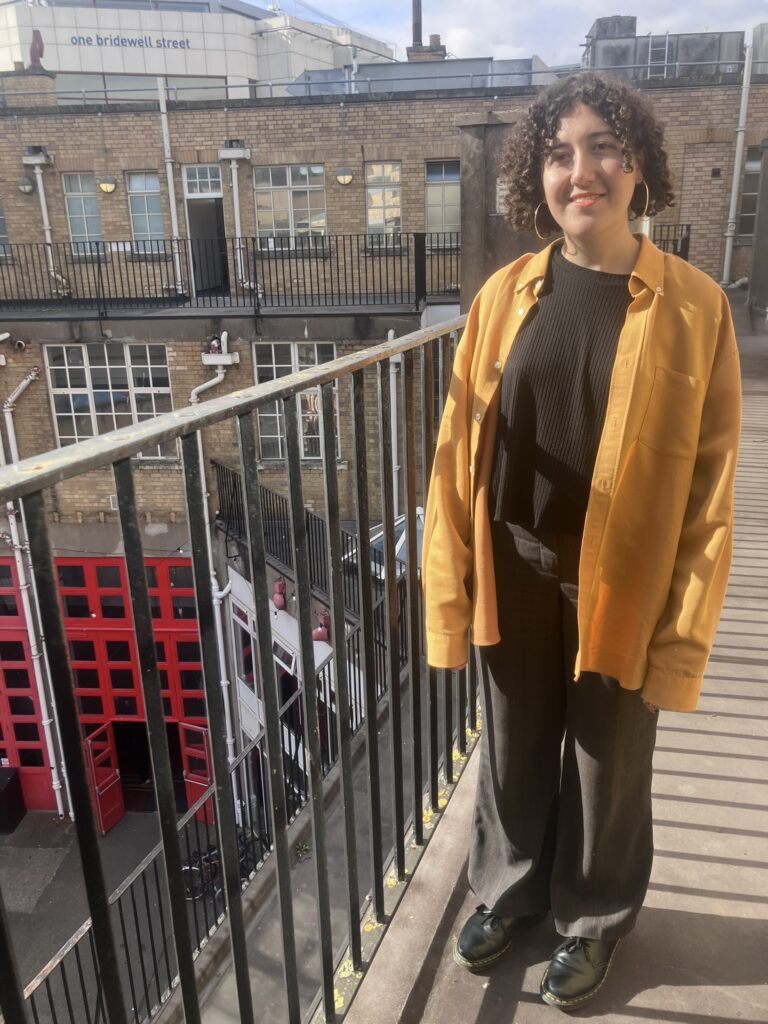
On the first floor of Sparks in Broadmead, circus performers and artists can rummage through second-hand clothing to find that perfect garment for their next event. Cat’s Pyjamas is a treasure trove of vintage fabrics, sequins, and bold patterns; the kind of space where history lingers in the folds of each garment.
Carlota Matos is looking for something 1970s—a time of resistance, reinvention, and radical self-expression. Her fingers graze a mustard-yellow blouse, the fabric soft from years of wear. “Costume isn’t just decoration,” she muses. “It carries history, identity. It’s another way we tell stories.”
Unheard voices reclaiming space
Storytelling is at the heart of Carlota’s work. Born in Portugal, she has built an international career exploring social change through performance art and theatre. Her work delves into migration, identity, and mental ill-health, often bringing those without formal training onto the stage. “Theatre should belong to everyone,” she says. “It’s a place where voices that are often unheard can claim space.”
This ethos runs through everything Carlotta does. Facilitator for Firebird Theatre, a company of learning-disabled actors supported by Bristol Old Vic; she has also worked extensively with refugee women, leading projects that explore their stories through performance, workshops, and cultural exchanges.
“Theatre is not just about what happens on stage,” she explains. “It’s about the connections we forge, the confidence we build, the way we see ourselves reflected. I remember one woman from my project with Borderlands—she told me that before she joined, she’d never felt comfortable speaking in a group setting before. By the end of the project, she was actively contributing in a really open, confident way. That’s why I do this work.”
Lifting a pair of flared trousers from the rack, she studies the cut before holding them up to the light. “These tell a story too,” she smiles. “And that’s what I’m always searching for. What was this pair of trousers witness to? Who danced in them, who walked down the street in them, feeling invincible?”
Working with refugees
One of her most ambitious projects to date is Refugee Week Portugal, an arts and culture festival celebrating migrant and refugee communities. “There’s a misconception that migration is a crisis rather than a human experience,” she notes. “I want Refugee Week Portugal to be about joy as well as struggle—because we don’t just survive; we create, we thrive, we contribute.”
It’s not just about performance—it’s about belonging. It’s about who gets to tell their story and who gets to be heard
Carlota Matos
Carlota’s work has earned recognition and support from organisations such as Arts Council England, Film Hub South West, and Les Théâtres de la Ville de Luxembourg. Her project POUR UNE VIE MEILLEURE, which examines Portuguese migration under the Salazar dictatorship, was selected for TalentLAB 2024. She is also developing a deeply personal performance with her mother and musician MoYah, exploring the colonial history of Mozambique and its lasting impact. “It’s personal and political,” she says.
Carlota’s journey into theatre wasn’t linear. “I didn’t come from a theatre family,” she says, tucking the blouse over her arm. “But I found my way in through the stories I wanted to tell.”
“It should be about shared experiences”
She first trained at Bristol Old Vic’s Made in Bristol programme before going on to work with organisations including Local Learning, Lightbox Theatre, Many Minds, and Travelling Light. She was also part of Future Laboratory, a research residency project aimed at identifying missing narratives in contemporary theatre. “Theatre can be an elitist space, but it doesn’t have to be,” she reflects. “It should be about shared experiences.”
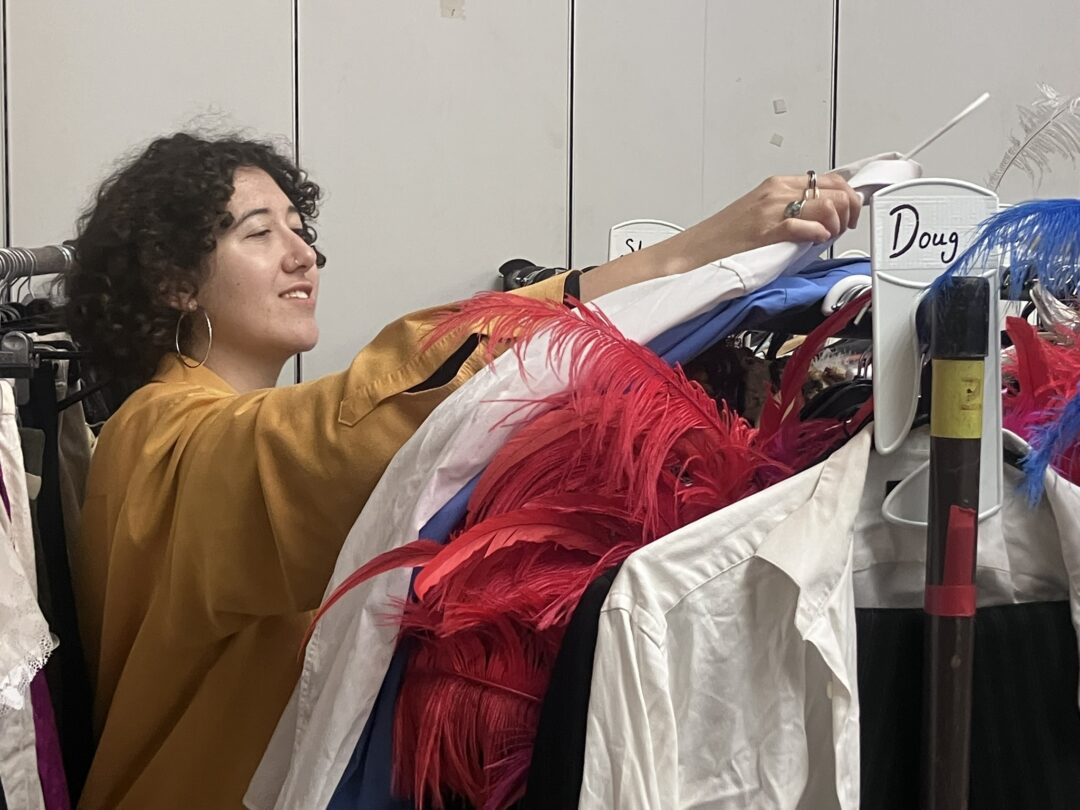
That belief fuels Carlota’s commitment to participatory arts. In 2022, she was awarded a DYCP grant from Arts Council England to expand her practice. One of the key projects to emerge from this was a partnership with Borderlands, a refugee charity in Bristol, where Carlota worked with migrant women to co-create Taste—a performative encounter exploring identity, gender roles, and food rituals across cultures.
She pulls a jacket from a rail, its bold lapels and earthy tones catching her eye. “This is it,” she nods. “This is the kind of thing that holds a time period in its seams.”
Theatre as a force for change
Carlota sees theatre as a medium of transformation. “It can have real meaning, impact. It can open up questions or challenge us in different ways..”
“It’s not just about performance—it’s about belonging. It’s about who gets to tell their story and who gets to be heard. I’ve seen people step onto a stage and realise, for the first time, that their voice matters.”
From costume shops to rehearsal rooms, community centres to international stages, Carlota Matos continues to weave stories that challenge, uplift, and resonate. Her work is a testament to the belief that theatre is not just an art form—it is a force for change.
More information
- One of the key projects to emerge from this work was a partnership with Borderlands, a refugee charity in Bristol, where Carlota worked with migrant women to co-create TASTE—a performative celebration of food, culture, and community. It took place last month at Trinity Centre and gathered over 100 people.
- Carlota Matos continues to weave stories that challenge, uplift, and resonate. Her work is a testament to the belief that theatre is not just an art form—it is a force for change. If you want to support the work with migrant women in Bristol, consider donating to their fundraiser. Every little bit counts! https://chuffed.org/project/127448-creative-workshops-for-migrant-women
Independent. Investigative. Indispensable.
Investigative journalism strengthens democracy – it’s a necessity, not a luxury.
The Cable is Bristol’s independent, investigative newsroom. Owned and steered by more than 2,600 members, we produce award-winning journalism that digs deep into what’s happening in Bristol.
We are on a mission to become sustainable, and to do that we need more members. Will you help us get there?
Join the Cable today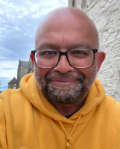

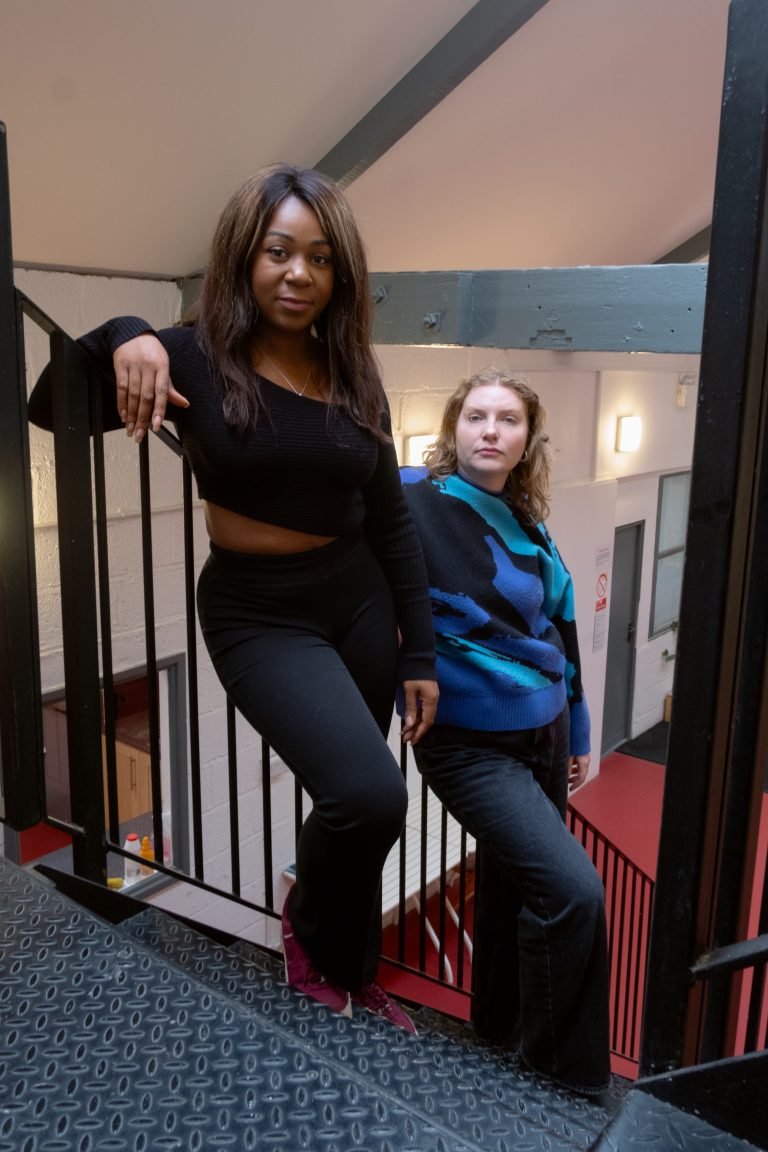

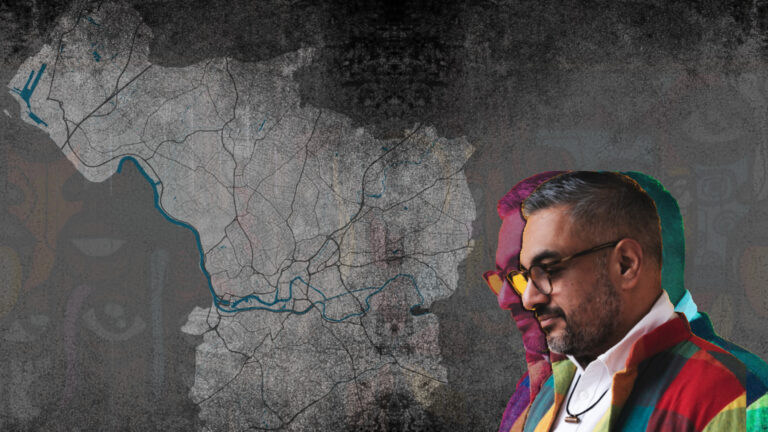

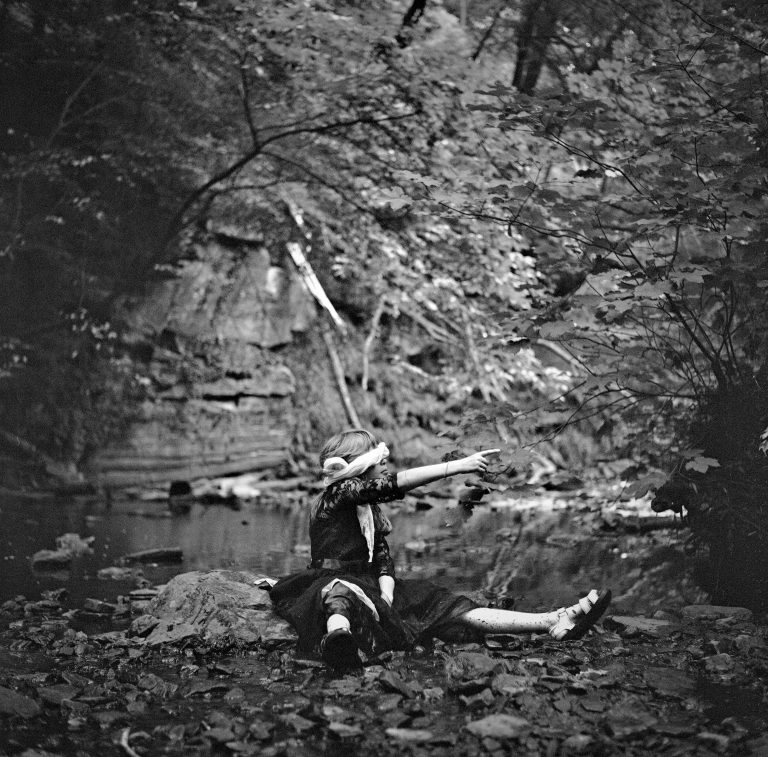
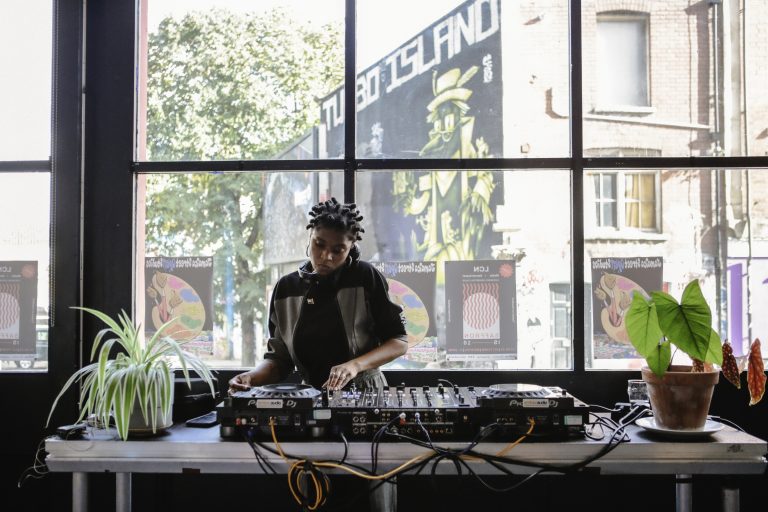
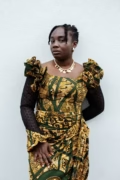
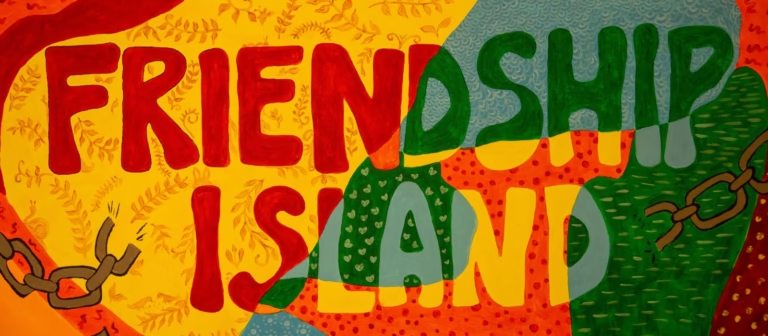
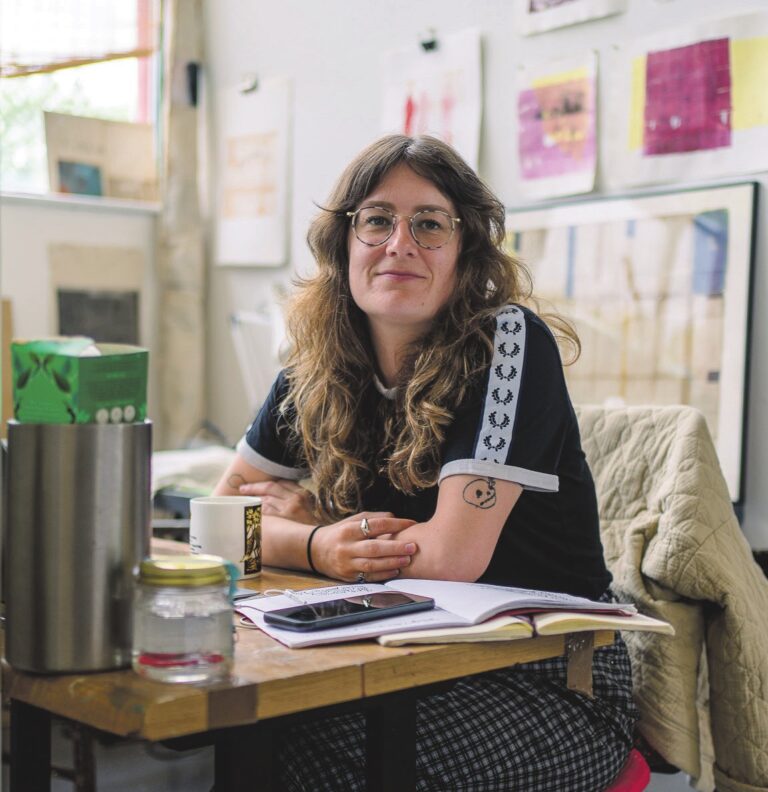


Report a comment. Comments are moderated according to our Comment Policy.
Fantastic work!! Here is a link to Carlota’s fundraiser that will help here continue her work with Borderlands and Migrant Women in Bristol -https://chuffed.org/project/127448-creative-workshops-for-migrant-women Consider donating – every little bit counts!